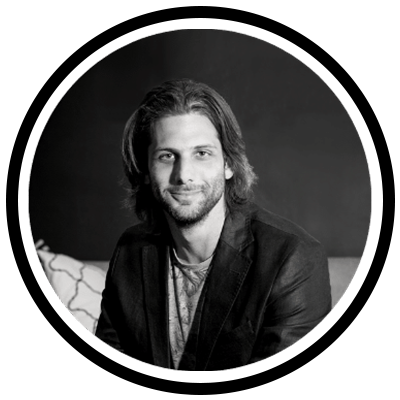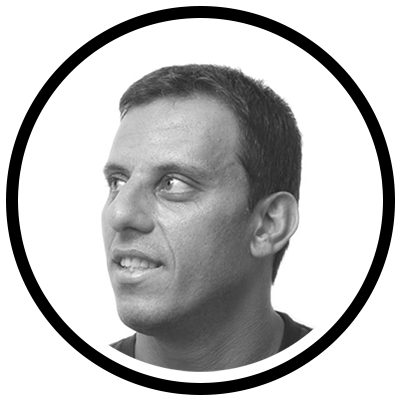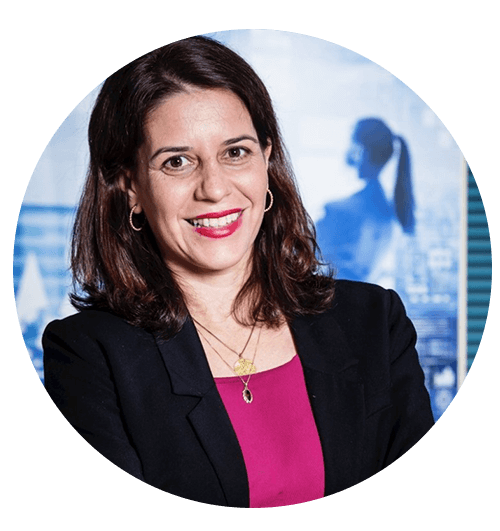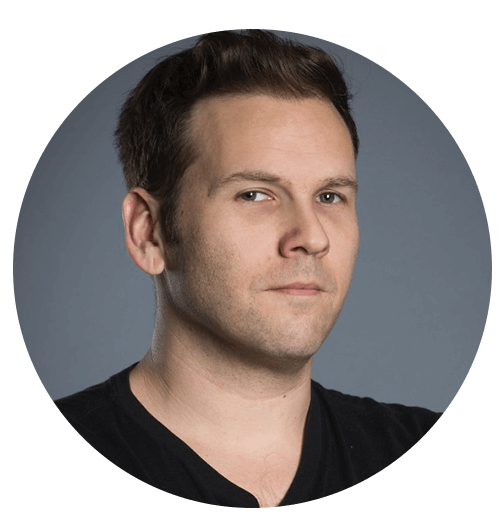National Academy
for HealthTech
Innovation Leaders
A training center that brings together clinical, technological and business worlds by using a common language for a human centric design
The People »
the human centric process
focuses both on patients and providers pain points as
well as needs. We nurture
people, not products, and
value team players
The Process »
Biodesign methodology, our
curriculum is taught through
hands-on, project-based
activities with a focus on
need-driven innovationand
multi-disciplinary teams
The Impact »
the clinical, technological
and the business worlds to
drive the growth engine of
the Israeli HealthTech
Innovation ecosystem
National Academy
for HealthTech
Innovation Leaders
A training center that brings together clinical, technological and business worlds by using a common language for a human centric design
The People »
the human centric process focuses both on patients and providers pain points as well as needs. We nurture people, not products, and value team players
The Process »
The Impact »
In assosiation with







The Ecosystem
In the heart of the ecosystem. We bring together the industry, academia and clinical organizations to meet in a neutral academic environment creating a unique healthcare innovation opportunity in Israel.
Training Center
Not an accelerator or incubator, but a training center with a program portfolio. People are coming as individuals with no project.




National Center
Two branches, the Rambam Haifa branch and the Hebrew university Grass Center branch. Participants from all over the country can apply to the Biodesign innovation course at Rambam.
The Process
Need driven innovation
Project based
Multi disciplinary team
Early de-risking
Team dynamics
Mentoring
The Programs
Academic and
Business Partners
Our strategic collaborations embody the multi-disciplinary integration
of major contributors from the academic, clinical and business arenas,
creating a rich ecosystem in which need driven innovation can thrive
























Our Supporters






Graduate Testimonials



Join our newsletter




